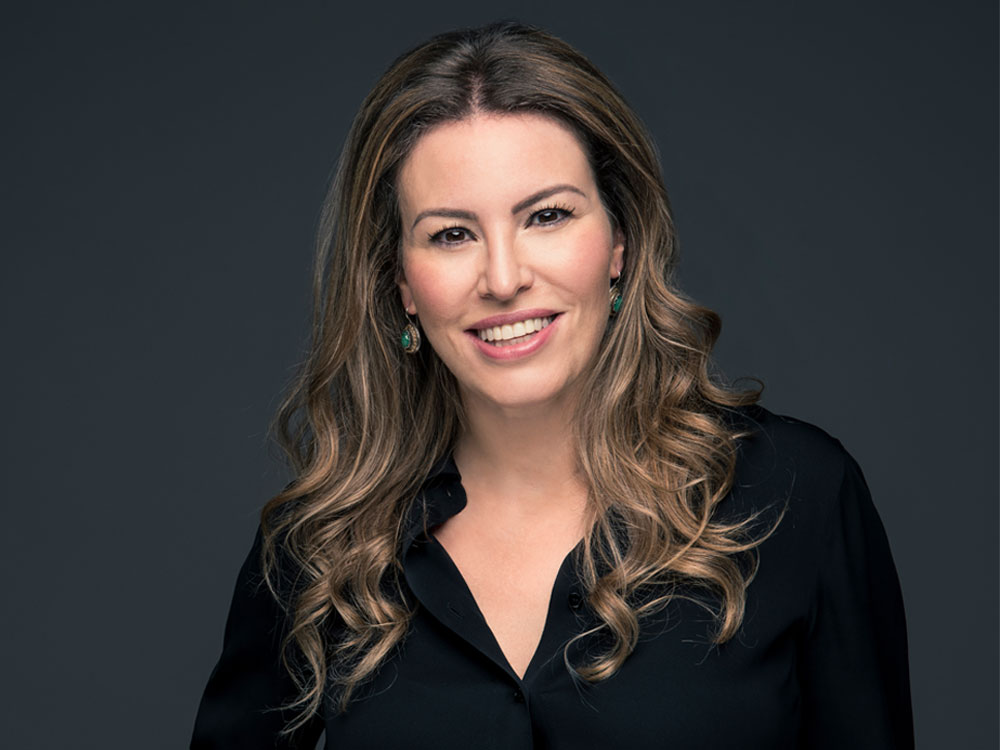
By Aaliyah Gohir
Following the recent Oscars 2021 awards ceremony, it has been nice to see some female BAME talent recognised – for example, Chloé Zhao just made history as the first woman of ethnic minority to win the best director award. While such achievements should be celebrated, she is still only the second woman to ever win best director which reflects the prevalence of gender inequality within this male-dominated industry. It has been reported that women accounted for 16% of directors working on the 100 highest grossing films in 2020. So to no surprise, it is even more rare to find Muslim female directors being recognised for their film-making talent, which is why I am writing this blog to highlight some of them. Here are three British Muslim female directors:
SHEILA NORTLEY

Sheila is a British Ghanaian, award-winning film-maker who has directed several productions. Her career began when making her first short film in 2003 called Eddie’s Bar. Not long after in 2006, while studying for a degree in Media and Communications, she launched her own production company and produced a short film called ‘The Hydra’, which won best film in 2009 at the BFM awards. Her other well-known productions include ‘Victim’, ‘David is Dying’ and ‘Zion’ which won best film and best screen play at a film festival in Virginia. She also made her acting debut in the film ‘Sable Fable’ which she was also the associate producer for – it went on to win best film at the American Black Film Festival Awards in Miami in 2013. Just prior to this in 2012, she founded Kingdom Drama School to help provide acting tutoring and training to those who didn’t have easy access to such facilities and resources. Her work in the film industry has led her to win the Woman of the Future Award in 2016, meanwhile she still has plenty more achievements on the horizon. She recently signed a deal with Sky where she will be developing a few new tv shows and also aims to create more diversity within the industry. She is also currently working on a Netflix horror series called ‘Stay Close’.
FARAH NABLUSI

Farah is a British Palestinian, Oscar and BAFTA nominated award film-maker. She was born and raised in London and spent her early career in the business industry as a stockbroker and didn’t get into film making until 2015 in her 30s. Farah founded a production company called ‘Native Liberty Productions’ through which she wrote and produced films that explored human rights topics, more specifically regarding injustices in Palestine – examples of her work are ‘Nightmare in Gaza’, ‘Today They Took My Son’ and her most recent film ‘The Present’ which won the BAFTA Award for best short film and also Oscar nominated. While being born and raised in London, her parents who are Palestinian immigrants made sure that she didn’t forget her roots; it was upon a trip back to Palestine that Farah was traumatised by the lack of human rights and strict policing of Palestinian’s which inspired her to focus her 3 short films in light of Palestinian realities when returning to the UK. Initially, she was unsure whether to direct ‘The Present’, but it was her ability to picture exactly how the film should be portrayed that led her to direct the film despite having little experience in the industry. Farah’s skills were self-taught and it was her hard work and natural talent that facilitated the production of the film. ‘The Present’ (currently on Netflix) has a powerful message that highlights the lack of human rights and freedom in Palestine and is definitely recommended to watch!
RUHI HAMID

Ruhi Hamid is a British documentary film-maker who has made films across the world in Africa, Asia, South America and the Middle East, on topics covering Islam, women, poverty, human rights, health, political and social issues. She was born in Tanzania to parents of Asian origin and moved to Britain when she was 12. After earning a BA in Information Graphics and graduating from London’s Royal College of Arts, Ruhi initially worked as a graphic designer before beginning her film-making career with BBC, whom she worked with for several years. She worked in the Community Programme Unit on the BAFTA winning series called ‘Video Series’ and ‘Video Nation’. After leaving BBC in May 2000 and starting her freelance career, she directed a series called ‘Lahore Law’ for Channel 4 where she spent 6 months filming in Pakistan and was nominated for a Grierson Award. Some of her notable works include: The Rockstar and the Mullahs (2003), where she followed the journey of the South Asian rock music band Junoon and addressed music in Islam and also Women, Weddings, War and Me (2010), showing the life of women in Afghanistan. Ruhi’s empathy and interest in real life social, cultural and political issues is reflected in her documentary type films which convey strong narratives and messages about untold stories of the world. She has even taken personal risks by travelling to dangerous parts of the world to tell these stories about the lives of women in Afghanistan, refugees in Uganda, the impact on New Orleans post-Katrina, the use of Sharia Law in Nigeria and more. Some of her work has been awarded, such as her film called ‘At The Epicentre’ which focused on the impact of the tsunami in Indonesia and won the Rory Peck Award in 2005. Recently, she focused on examining racism in the Church in her latest BBC Panorama episode titled ‘Is the Church racist?’ which aired in April 2021. Ruhi’s talent as a self-shooting director and dedication to unveiling important issues is admirable!
Join Our Movement
Raise your voice and get connected

 1
1